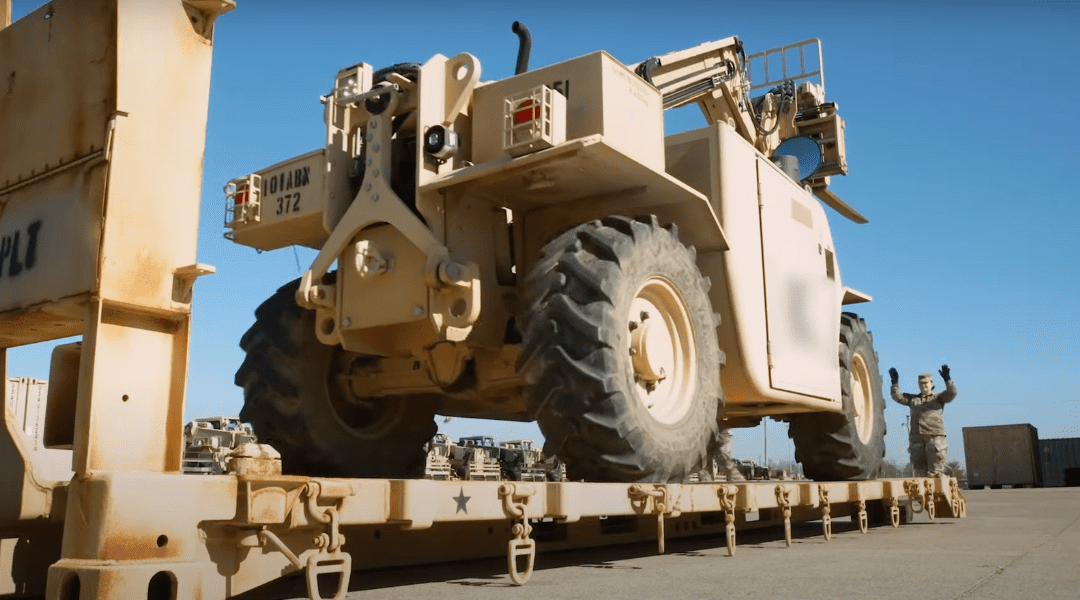In the complex landscape of military logistics, the role of an 88N Transportation Management Coordinator (also known as MOS 88N) is paramount. From overseeing cargo shipments to planning transportation requirements, these coordinators play a crucial role in ensuring the smooth flow of materials within the Army. In this comprehensive guide, we’ll explore the world of 88N, diving into their job duties, the challenges they face, and the opportunities that unfold in both military and civilian spheres.
Unveiling the 88N: A Closer Look at Transportation Management Coordinators
What is an 88N Transportation Management Coordinator?
The 88N Transportation Management Coordinator is a linchpin in the U.S. Army, specializing in the planning and execution of transportation movements. Their duties go beyond merely supervising the operation of a cargo; they are responsible for the meticulous coordination of shipments, ensuring that each movement aligns with mission requirements. But why is this role so crucial, and what does it entail?
This article serves as a compass, guiding readers through the intricacies of 88N responsibilities, and shedding light on the importance of their role in military operations.
Job Duties and Responsibilities: The Core of 88N Operations
Supervising the Operation of a Cargo
One of the primary responsibilities of an 88N is to supervise the operation of a cargo. This involves overseeing the arrangement of documentation and reports, ensuring that cargo and materiel documentation units are functioning seamlessly. The accuracy of movement control documents is paramount, and 88Ns must operate in accordance with regulatory requirements to guarantee the safe and efficient transport of goods.
Planning Transportation Requirements for Logistical Support
The role of an 88N extends to planning transportation requirements for logistical support. This includes developing movement programs that align with mission requirements, and considering the capabilities and limitations of transportation units. Whether it’s highway, water, or air transport, 88Ns must ensure that the allocation of transport capability is appropriate for accomplishing each mission.
Serving as a Transportation Liaison
88N Transportation Management Coordinators act as the bridge between military services, ensuring cohesion in transportation movements. They liaise with air, consolidating and reviewing technical and administrative reports related to cargo and materiel shipments. This role demands a comprehensive understanding of the Defense Transportation System and the ability to represent the Army in contracts and agreements with host nations.
Beyond the Barracks: Civilian Career Opportunities for 88Ns
Exploring Civilian Career Paths
While the 88N MOS is rooted in military logistics, the skills acquired by Transportation Management Coordinators are highly transferable to civilian careers. From logistics management to transportation operations, the diverse range of skills honed in the military sets the stage for a successful transition to civilian employment. But how does one leverage their 88N experience in the civilian job market?
This section delves into the various civilian career paths available to 88Ns, highlighting the adaptability and value of their skill set in industries beyond the military.
Challenges and Rewards: A 360-Degree View of 88N Operations
Addressing Challenges in Transportation Management
While the role of an 88N is essential, it comes with its unique set of challenges. Coordinating movements in different modes of transportation, ensuring accuracy in documentation, and responding to inquiries about shipments are just a few hurdles that Transportation Management Coordinators face. This section provides an honest look at the challenges inherent in the role and explores how 88Ns overcome these obstacles to meet mission requirements.
Rewards of a Transportation Management Career
Despite the challenges, a career as an 88N brings its own set of rewards. The ability to contribute significantly to mission success, the diverse skill set acquired, and the leadership experience gained in supervising cargo operations are just a few aspects that make this career path fulfilling. This section offers insights into the intrinsic rewards that come with being an 88N in the U.S. Army.
Key Takeaways: Mastering the Art of Transportation Coordination
In conclusion, the role of an 88N Transportation Management Coordinator goes beyond overseeing cargo operations; it is about mastering the art of transportation coordination. From planning logistics to serving as a liaison between military services, 88Ns are instrumental in the success of missions. This article has unveiled the layers of their responsibilities, explored potential civilian career paths, and provided a balanced view of the challenges and rewards inherent in this crucial role.
Important Points to Remember:
88Ns supervise the operation of cargo, ensuring accuracy in documentation.
Planning transportation requirements for logistical support involves developing programs aligned with mission requirements.
Transportation Management Coordinators serve as liaisons, representing the Army in contracts and agreements with host nations.
The skills acquired by 88Ns are highly transferable, opening doors to diverse civilian career opportunities.
Despite challenges, the rewards of a transportation management career in the military are significant and fulfilling.

